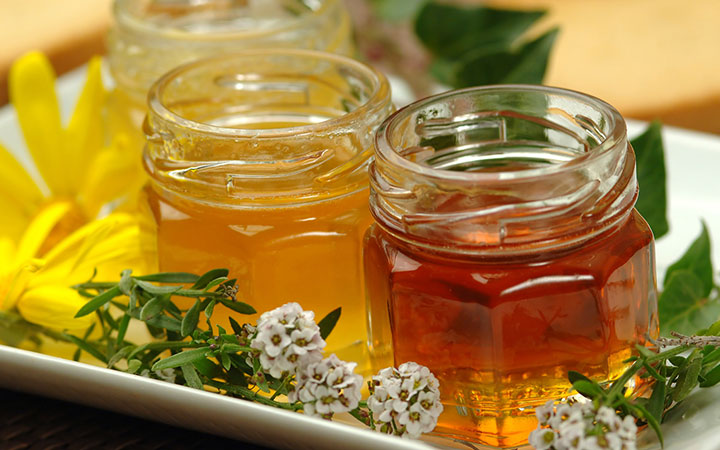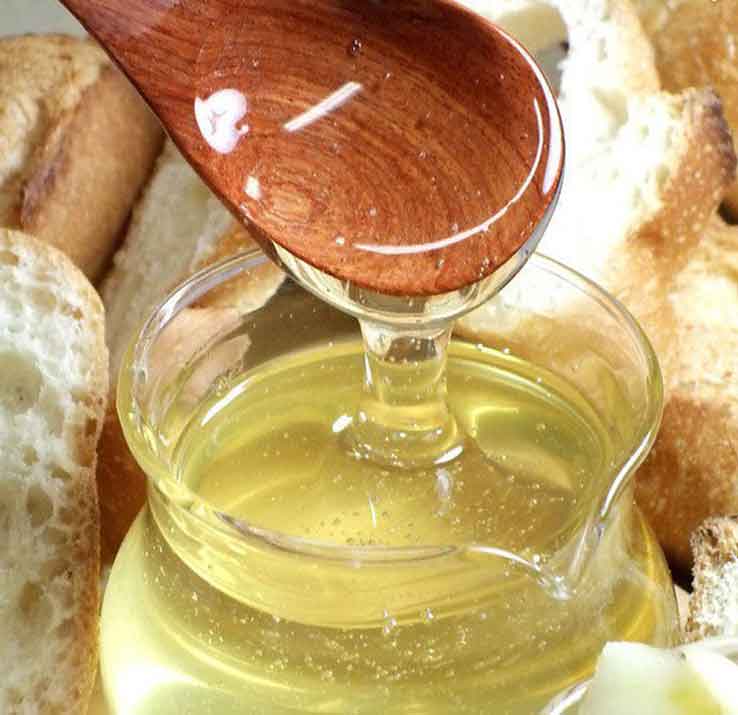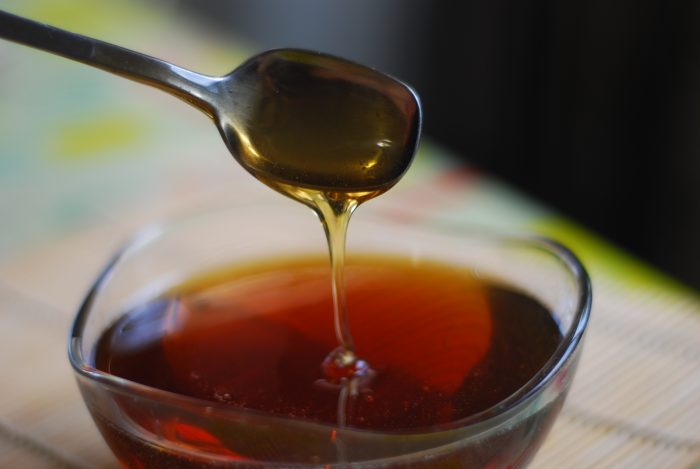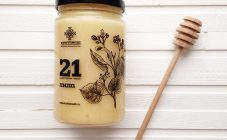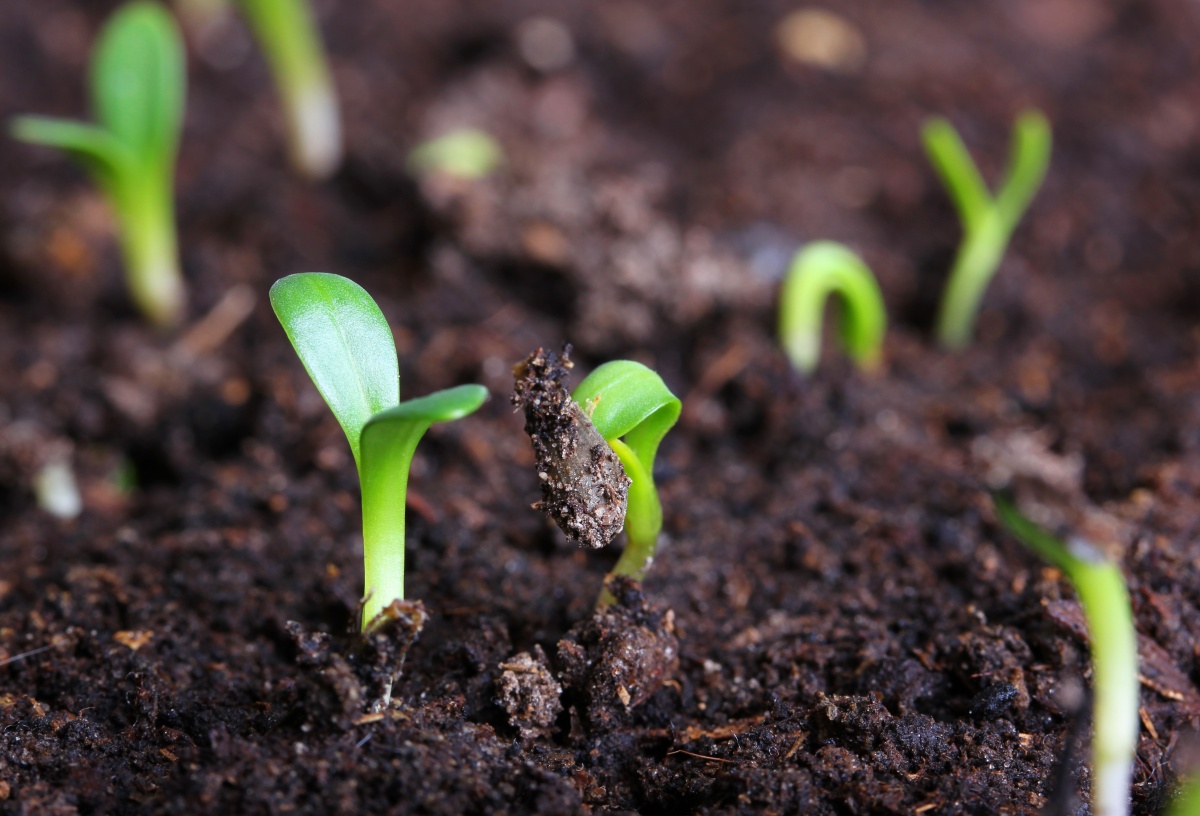Content:
After a long, sometimes short storage, honey gradually crystallizes. This phenomenon in many people causes bewilderment and doubt about the quality of the product. However, not all varieties are candied equally: some remain runny, others just thicken. It happens that you can't even stick a spoon in.
The crystallization of certain honey varieties is very slow. This process depends on the monosaccharides found in honey.
Reasons Why Sugaring Doesn't Happen
Several factors can hinder or slow down the crystallization process:
- To get nectar quickly, beekeepers sometimes feed ordinary sugar syrup to the bees. Artificial groundbait leads to the production of a low-quality surrogate, which does not crystallize for a long time.
- Honey that has not been candied for several months has a high water content. This is the result of improper storage, violation of technology when receiving the product.
- Weakness after heat treatment cannot be candied. The overheated product no longer has a therapeutic effect, since it loses its nutritional value.
- Constant stirring has a negative effect on the formation of crystals. To preserve the proper presentation, sellers often mix honey.
- Often, making a product more attractive to customers, retailers dilute it with sugar syrup.
Honey varieties that do not crystallize
Some bee products have a very low crystallization threshold and remain liquid for a long time, while other varieties can become thick in a matter of weeks. Why this happens is of interest to many people.
The speed of sugaring directly depends on the type of honey. In turn, the variety itself depends on the plant with which the bees worked. The composition of the product will under any circumstances be mixed, but the percentage of a certain nectar always predominates. It is this predominance that determines the name of the sweetness.
It is equally interesting to know which honey is not candied:
- Acacia. It will take almost two years for this product to begin to sugar. Such a long period results in a high liquid and fructose content. Fresh pumped honey is not thicker than syrup.
- Lime. Fine-grained honey, which is not candied for a long time, is called linden honey, since it is collected by bees during the period of massive flowering of trees of the same name. Even after crystallization, the product does not harden, remaining in the consistency of a soft paste.
- Chestnut. It has a brown tint, it retains a liquid state for about 6 months, with proper storage - and a whole year. After sugaring, the color does not change, the crystals are constantly growing.
- May. The earliest tender and aromatic variety is pumped out in late spring. The source is the very first flower stalks, mainly fruit trees.Naturally, a high percentage of fructose will prevent rapid crystallization.
- Greek varieties. What honey is not candied at all is honeydew honey. If stored properly, it will be liquid for a year and a half.
Reasons for natural product sugaring
The formation of sugar crystals in honey is a natural process. Moreover, any natural honey must crystallize, it is only a matter of the speed and intensity of its shrinkage. Nothing bad will happen to a candied product - it will retain all its useful qualities completely.
Sweet beekeeping products thicken due to their special composition, with a great predominance of carbohydrates. Having the ability to crystallize, glucose gradually begins to sugar sweetness, settling on the bottom. Growing up, crystals fill the entire product, turning it into a solid dessert.
Should honey be sugared
It is not necessary for a natural product to thicken quickly. A liquid consistency cannot mean a poor-quality product, since any honey will crystallize sooner or later, if it is natural.
Sugaring, according to the size of the forming crystals, is divided into:
- Fine-grained;
- Coarse-grained;
- Fatty (barely discernible).
Such honey varieties thicken quite quickly:
- Rapeseed - in a month;
- Sunflower - in a couple of weeks;
- Buckwheat - after 1-1.5 months;
- Melilot - white coarse-grained mass will be after a couple of months.
The optimal time when you can catch a fake honey product is winter. By this time, any honey other than Greek should show signs of crystallization. They should be visible at the bottom of the pot where the sugaring process begins.
Why honey varieties remain liquid
There are many reasons why honey is not sugar-coated.
Some themselves prevent crystallization, sometimes several combined factors are needed:
- Low amount of pollen. The pollen particles act as centers around which crystals begin to grow. The less it is in honey, the longer it will be sugar.
- Premature collection. Unripe honey, pumped out ahead of time, does not thicken for a long time. Moreover, such a product can sour.
- Storage conditions. Low and high storage temperatures prevent crystal formation. Such conditions negatively affect the quality of the product, depriving it of its healing power.
To choose a really high-quality product, you should purchase it from trusted sellers. If you have doubts about the naturalness of the sweet medicine, it is better not to take it.
